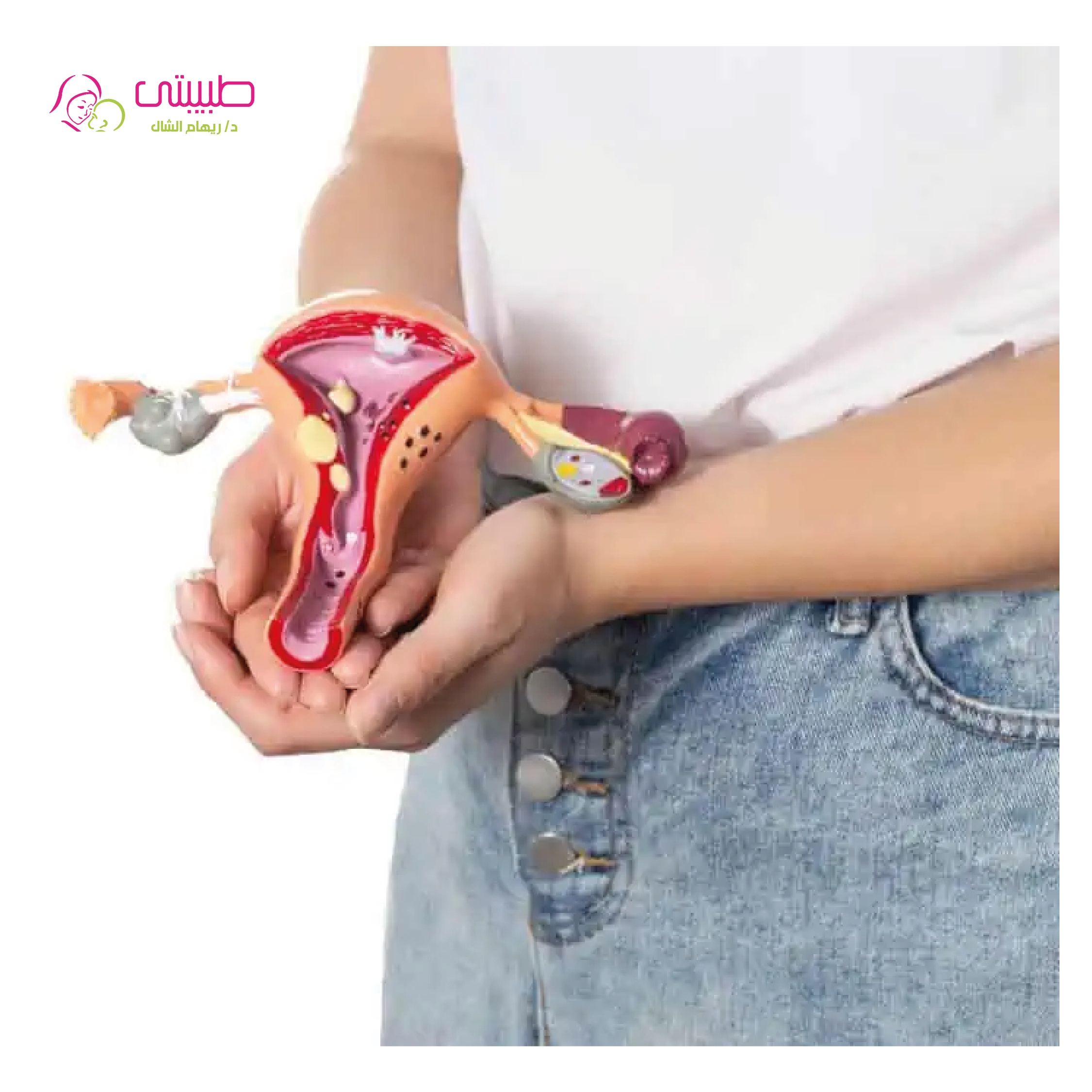Does Having Small Eggs Mean Infertility؟
This is one of the most frequently asked questions—especially by young women who are just starting their fertility journey and seeing a gynecologist for the first time:
“My eggs are small… does that mean I’m infertile? That I won’t be able to have children?”
The truth is, the answer to this question isn’t as simple as many think—and it’s certainly not as terrifying as it may seem to many women.
As explained by Dr. Riham El-Shal, Specialist in Obstetrics, Gynecology, IVF, and Fertility Challenges, the first thing we need to understand is that an egg develops in stages, just like the phases of the moon. Yes, really—it’s just like the moon. Sometimes you see it as a crescent, sometimes a half-circle, and sometimes a full moon.
So does seeing the moon as a crescent mean it won’t eventually become full? Of course not. It’s the same with your egg.
The egg starts out small and grows gradually day by day.
At a certain point in your cycle—usually between day 10 and day 18 (though this varies from woman to woman)—we begin monitoring ovulation to see how large the egg has grown.
An egg that is considered “mature” and ready to ovulate is typically between 18 to 22 mm in size.
But if we check too early in the cycle and look at the ovary, it’s completely normal to see that the eggs are still small—because they’re still in the early stages.
Here’s where the problem starts:
Some women undergo an ultrasound too early, and either the doctor or the patient herself sees that the “egg size is small”—and panic sets in.
Suddenly there’s fear, anxiety, thoughts of infertility, delayed pregnancy, and all the mental spirals that follow in just a single moment.
But nobody stops to ask the key questions:
• What day of the cycle are we in?
• Are we actively tracking ovulation, or was this just a random check?
• Were there any medications taken? Any ovulation stimulants? Or is this a natural cycle?
👉 Watch the full video here:
The doctor in the video made a very important point:
Many physicians don’t explain these details because they assume they’re either understood or not worth explaining.
But in reality, women need to understand.
Every woman has the right to know her body, to understand the changes happening inside it, and to know exactly what’s going on and why.
There are women who were told their eggs were small during an exam, but once they started monitoring ovulation at the right time, they found that the eggs grew properly, matured, and they were able to conceive naturally—with no issues at all.
So, having a small egg at a particular moment doesn’t mean there’s a problem. And it definitely doesn’t mean infertility.
The most important message here:
Don’t judge an egg by a single snapshot.
Ovulation is not just one image—it’s an entire movie. And one scene can’t tell the whole story.
So if someone tells you there’s a problem just because of egg size, ask them:
• What day of the cycle are we on?
• How many days have you been monitoring me?
• Are there any ovulation stimulants involved?
Because a proper diagnosis requires follow-up, not just a quick glance.
⸻
And finally…
Always remember that the word “infertility” is a very big and heavy word. It should never be thrown around lightly.
Such a word can break the spirit of any woman or wife—and for that reason, it should never be said based on a single image or ultrasound done at the wrong time.
A full assessment, proper follow-up, and deep understanding are essential.
And please, don’t rely on anyone telling you to “put an onion under your pillow” or drink a “magical potion.”
Medicine has a path, and monitoring has its steps.
Stick with a doctor who understands, do your tests at the right time, and always rely on scientific facts.
May God bring peace to every anxious heart.
And to every woman dreaming of becoming a mother—may your joy come very, very soon.

